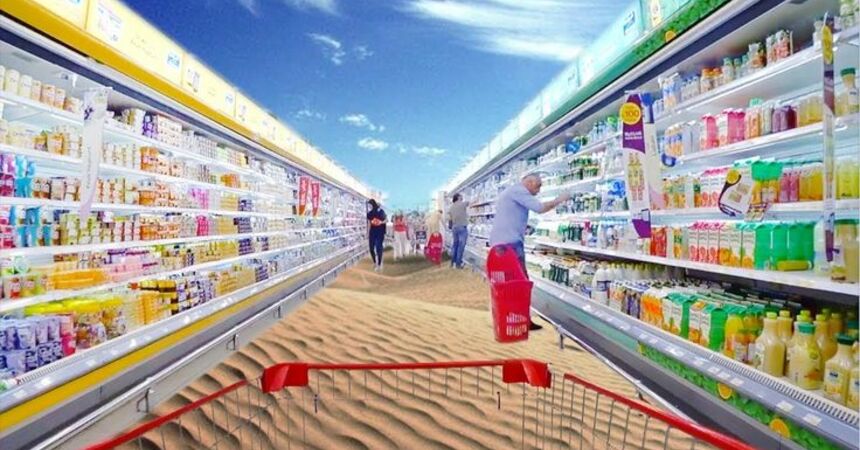Food labeling in the United Arab Emirates (UAE) is a crucial aspect ensuring compliance with local standards and regulations. It is essential for food manufacturers and suppliers to understand and meet these requirements to avoid issues when importing and selling their products. In this article, we will discuss the key requirements for food labeling in the UAE and the most common mistakes made by manufacturers.
Key Requirements for Food Labeling in the UAE
1. Language and Content
The primary requirement for labeling language in the UAE is the mandatory provision of information in English. Additionally, the information may be duplicated in Arabic. All important product details such as composition, nutritional values, production date, and expiration date must be clearly and legibly stated.
2. Information about the Manufacturer and Importer
The label must include information about the manufacturer, including the company name, address, and country of production. In addition, the details of the local importer or distributor must be provided, which is a mandatory requirement for product identification and tracking.
3. Composition and Food Additives
The complete composition of the product must be listed in descending order of mass. Special attention must be paid to potential allergens, which should be clearly highlighted on the packaging. All food additives and their codes used in the product must also be listed.
4. Nutritional Value
Information about the caloric content of the product and the content of main nutrients such as proteins, fats, carbohydrates, vitamins, and minerals must be provided on the packaging. This helps consumers make informed decisions and monitor their diet.
5. Production Date and Expiration Date
The production date and expiration date of the product must be clearly stated on the packaging. This is important for maintaining food safety and quality standards. In the UAE, it is also necessary to use the international date format (day-month-year) to avoid misunderstandings.
6. Halal Certification
Products claimed to be halal must have the appropriate certification and labeling. This is particularly important for food products in the UAE, where halal certification is a key concern for consumers.
Common Mistakes in Food Labeling
1. Incorrect or Incomplete Translation
One of the most common mistakes is incorrect or incomplete translation of information into Arabic. This can lead to the rejection of the product from the market or penalties. It is important to use qualified translators to avoid such errors.
2. Lack of Local Importer Information
Labeling without the local importer's details is a violation of UAE regulations. This requirement is necessary to ensure the product complies with local standards and safety norms.
3. Incomplete Composition
Incorrect listing of the product composition and the absence of allergen information can have serious health consequences for consumers. Ensure that all components are accurately listed.
4. Errors in Production and Expiration Dates
Errors in indicating the production and expiration dates can lead to conflicts with regulatory authorities and reduce consumer trust in your product. Use the international date format and carefully check information before packaging the product.
5. Lack of Necessary Certificates
The absence of required certificates, such as the halal certificate, is considered a serious violation. Before launching the product on the market, ensure that all necessary certificates are obtained and properly formatted.
How WorldWide Bridge Can Help You
WorldWide Bridge specializes in assisting with obtaining certifications to bring products to Middle Eastern markets, including certification and labeling of food products in the UAE. We provide comprehensive services such as expert assessments, documentation review, organization of international testing, and consulting on company registration.
Benefits of Working with Us:
● Expert Assessment: Detailed analysis of the product, target market, and regulatory requirements.
● Comprehensive Support: Preparation and review of documentation, assistance with company registration in the UAE.
● Testing Organization: Conducting necessary tests in accredited laboratories.
● Labeling Consultation: Developing compliant labeling designs and assisting with its application on the product.
If you have questions about the certification and labeling process for food products in the UAE, contact our specialists for additional information and consultation. We will help you accurately meet all requirements and avoid common mistakes, ensuring a successful market launch of your product.
